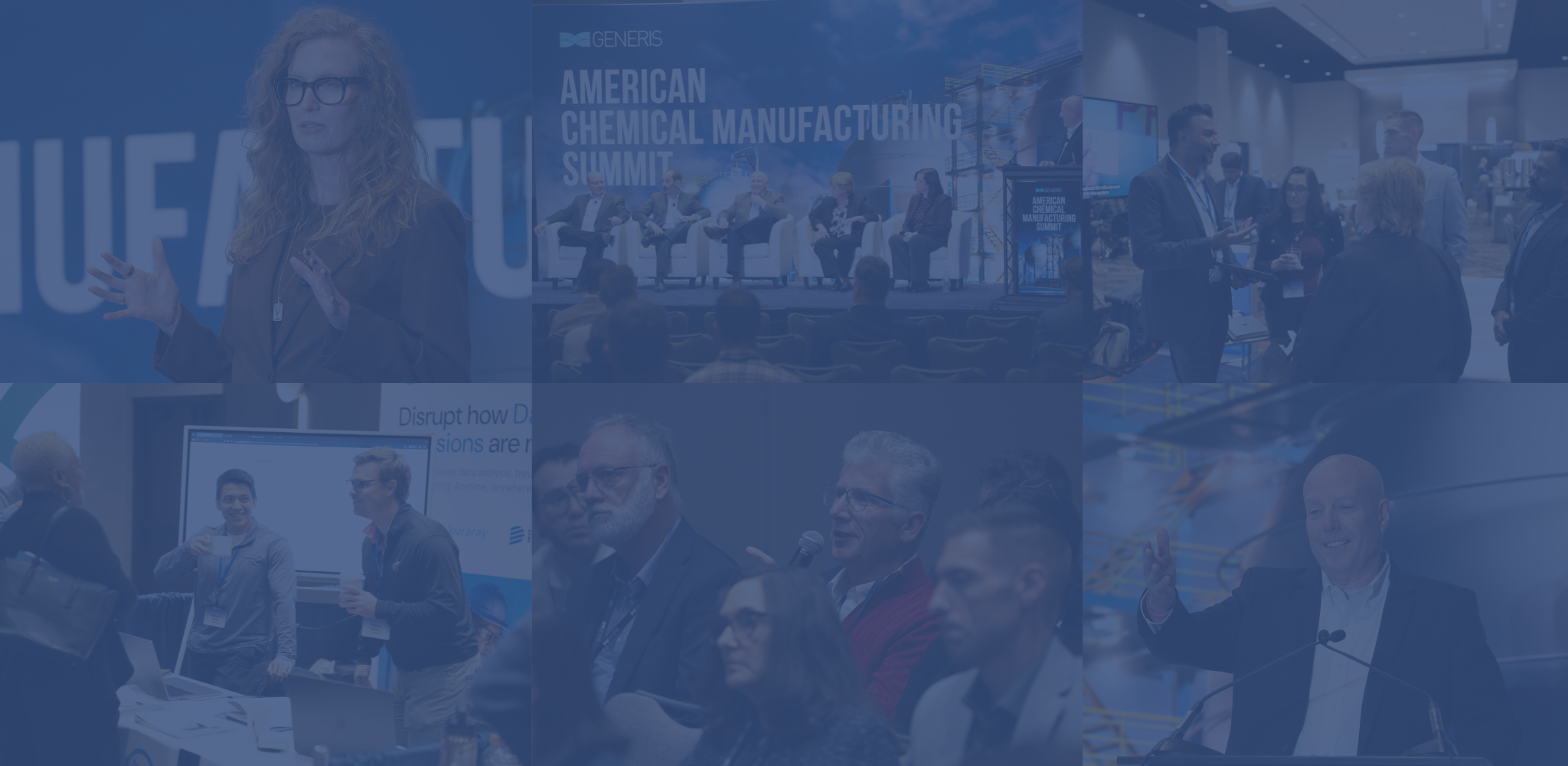In this insightful interview, Priya Jagasia, Divisional Vice President of Regulatory Affairs at Abbott’s Structural Heart division, shares her journey through the MedTech industry.
With over two decades of experience, Priya reflects on the challenges she’s faced and the pivotal moments that have shaped her leadership style, particularly as a woman leader navigating a traditionally male-dominated field.
She opens up about her passion for regulatory affairs, a field that she finds both mentally stimulating and deeply impactful. Priya also discusses the exciting potential of emerging technologies like AI and how they can revolutionize the way we approach patient care.
Throughout the conversation, her unwavering commitment to putting patients first shines through, offering valuable lessons and inspiration for aspiring leaders in the MedTech industry and beyond.
Could you introduce yourself and share your journey in the med-tech field? What inspired you to specialize in the complex area of regulatory affairs?
As a female leader in a traditionally male-dominated industry, can you share some pivotal moments or challenges you’ve faced, and how they’ve shaped your leadership style?
 Everyone faces pivotal moments in their career. For me, one of those moments came early in my career when I was a manager.
Everyone faces pivotal moments in their career. For me, one of those moments came early in my career when I was a manager.
We had a critical audit tied to the approval of a device, and my boss asked me to speak with the auditor.
I was terrified at first and doubted whether I could handle it. But after completing the task, I realized that it all starts with believing in yourself.
One of my favorite quotes is from Michelle Obama: “There is no limit to what we as women can accomplish.”
That mindset has been essential for me. It is crucial to build a support network around you, whether it’s family, friends, or mentors.
At Abbott, we have a cultural network group of women leaders focused on connecting, inspiring, and growing. I’m grateful to be part of such a supportive community, and I try to give back by mentoring others and encouraging them to believe in themselves.
Because if you don’t believe in yourself, no one else will.
How does the regulatory team at Abbott prioritize and strategize for successful product approvals, especially for breakthrough device designations?
While the question is specific to Abbott, the approach is quite universal across the industry. As regulatory professionals, we always put the patient at the center of what we do.
When developing a device, we ask ourselves critical questions: Is this device safe? Have we completed all necessary testing? Will it improve the patient’s quality of life?
These questions guide us in determining whether a device should pursue a breakthrough designation. As part of Abbott’s Customer Pledge, we put the people we serve at the center of everything we do. We make our products and services as if they are for our own families. And this continues to help drive our purpose every day.
Abbott works with regulatory bodies across the world, particularly for breakthrough devices.
We work closely with them to answer questions ensuring that we can bring innovative products to market as efficiently as possible. An excellent example of this is the recent FDA approval of the TriClip Transcatheter Edge to Edge Repair (TEER) system that not only repairs the leaky heart valve but also gives the patients back their quality of life.
Given the recent advancements in AI, how do you see AI being leveraged to optimize regulatory processes, particularly in areas like clinical data analysis and risk assessment?
AI has a promising future in regulatory affairs. One of the biggest challenges we face is managing constantly evolving global regulations. AI could play a critical role in regulatory intelligence, helping us gather and analyze information more efficiently. It could also assist in the initial drafting of submissions, ensuring consistency and accuracy across documents.
While AI can help reduce the time spent on certain tasks, the human element—particularly in strategy and decision-making—remains crucial. There’s still a need for the judgment and expertise that come from years of experience in the field. However, as we become more comfortable with AI, its applications in regulatory affairs will likely expand, helping us to work smarter and more efficiently.
AI certainly has the potential to transform many aspects of regulatory affairs. Looking ahead, what emerging technologies or trends do you see having the most significant impact on the med tech industry?
One medical technology that I’m particularly excited about is continuous glucose monitoring, which is preventive and helps manage conditions like diabetes more effectively. Abbott’s Freestyle Libre is a prime example of this kind of technology. 
It’s a tool that not only helps patients manage their condition but also empowers them to live healthier lives by being more conscious of their daily choices.
Speaking to your comment regarding AI, I’m excited about AI’s potential to analyze vast amounts of data to improve patient care. This is a huge opportunity across the medical device industry.
By identifying trends and signals in the data, we can develop more personalized treatment strategies and get ahead of diseases before they become critical. The more we can do to prevent health issues, the stronger and healthier our communities will be.
You’re passionate about your work and its impact on patients. What advice would you give to those looking to start a career in regulatory affairs or leadership in the med tech industry?
My advice is to work in a field you’re truly passionate about. In regulatory affairs, collaboration, negotiation, and critical thinking skills are essential. It’s also important to educate yourself clinically and understand the impact of your work on patients.
At the end of the day, everything we do is for the patient. We’re designing and developing devices that will go into someone’s body, so we need to be thoughtful and precise in our work.
For anyone starting in regulatory affairs, I’d say think outside the box and be open to learning from your cross-functional partners. Understand your product not just from a technical standpoint, but also from a clinical one.
How will it be used? What impact will it have on the patient’s life? If you’re passionate about making a difference and enjoy problem-solving, regulatory affairs is an incredibly rewarding field.
Remember, at the core of everything we do is the patient. Be grateful for the opportunity to contribute to their well-being!
Join over 200 industry leaders at the prestigious American Medical Device Summit taking place this October 1-2, 2024, at the Renaissance Schaumburg Hotel in Chicago, IL. For further insights into the future of medical devices, upcoming trends, and more, visit amdsummit.com.
Stay informed on the latest blog posts by subscribing below!
%20(1).png?width=773&height=112&name=Generis%20Logo%20full%20Colour%20(Large)%20(1).png)


.png)
-2.png)
